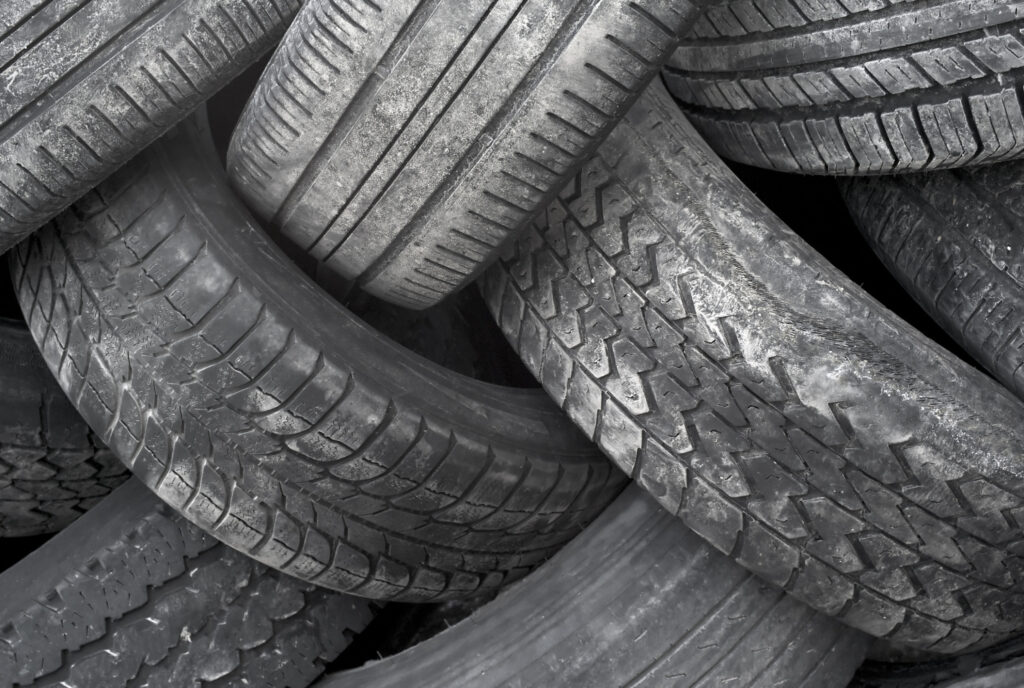EPA to study risks of tire-toughening chemical, 6PPD
The U.S. Environmental Protection Agency (EPA) is taking a closer look at a common chemical used to make vehicle tires more durable, in the wake of a petition raising concerns that the substance harms fish habitats.
6PPD — N-(1,3-Dimethylbutyl)-N’-phenyl-p-phenylenediamine – reacts with ground-level ozone to keep tires from cracking and has been used in most tires since the 1950s or 1960s.
Certain concentrations of 6PPD-quinone, created when the chemical reacts with ozone pollution, were found to be lethal to coho salmon after only a few hours of exposure, EPA says, citing its 2020 research in the Puget Sound region of the U.S.
“Tires wear down through contact with roads, releasing particles into the environment. When it rains, stormwater from hard surfaces like parking lots and streets washes these particles into streams and other water bodies. As a result, 6PPD-quinone may be present and aquatic organisms can be exposed to it,” EPA explains.

Petition concerns
“6PPD-q is the second most toxic chemical to aquatic species ever evaluated by EPA. The only chemical more toxic to aquatic species – the chemical war agent parathion – has been widely banned,” Earthjustice said in the petition, representing the Yurok Tribe, the Port Gamble S’Klallam Tribe, and the Puyallup Tribe of Indians.
There are still questions about the chemical’s impact on human health and the potential of exposure from other sources. 6PPD is also found in other products like footwear, synthetic turf infill, and playgrounds.
EPA commits to responding to the petition within a year.
Coho salmon is a key part of the tribes’ cultural identity and economic security, assistant administrator for the office of chemical safety and pollution prevention Michal Freedhoff said in a statement.
“These salmon and other fish have suffered dramatic decreases in population over the years. Addressing 6PPD-quinone in the environment, and the use of its parent, 6PPD, is one way we can work to reverse this trend.”
Have your say
This is a moderated forum. Comments will no longer be published unless they are accompanied by a first and last name and a verifiable email address. (Today's Trucking will not publish or share the email address.) Profane language and content deemed to be libelous, racist, or threatening in nature will not be published under any circumstances.
Oh Geeeeezzz now the tires are killing the fish!! What will they come up with next. Better go back to the horse and wagon with wooden wheels , oh but then the tree huggers would be upset.